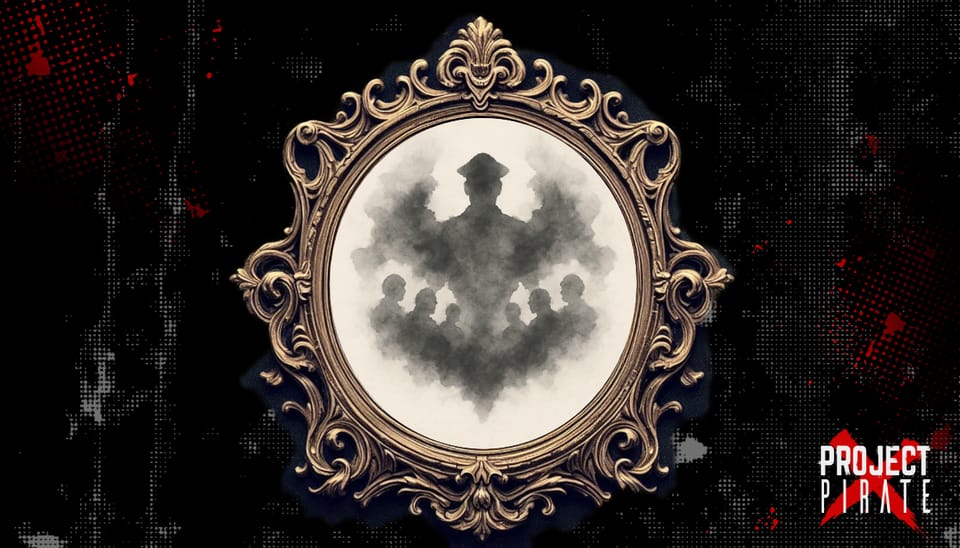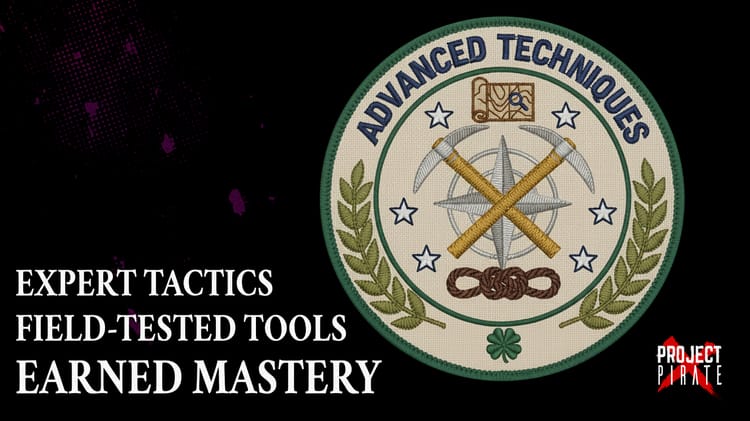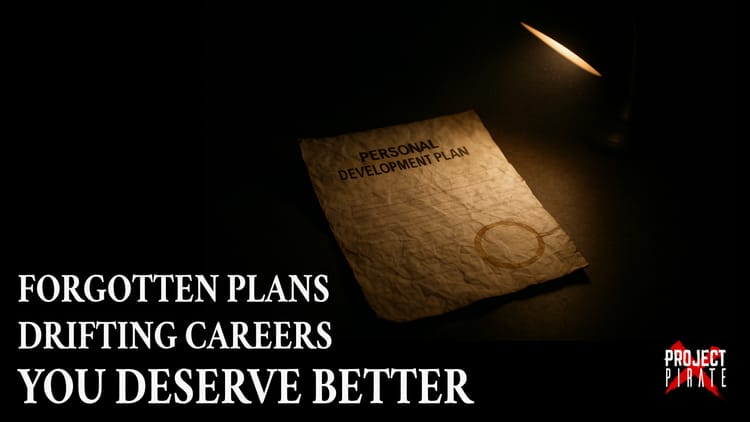A Crew Mirrors Their Captain: Transformational Leadership in Practice

In the golden age of sail, a ship's fate was inextricably tied to its Captain. The most successful vessels weren't necessarily those with the largest hulls or the most cannons, but those led by Captains who could inspire extraordinary performance from ordinary sailors. This principle resonates powerfully in today's project management and leadership landscape.
The most profound leadership truth is both simple and challenging: your team becomes what you are, not what you say they should be. Leadership mirroring isn't just one aspect of team dynamics - it's the foundation upon which all other principles rest.
The behaviour, mindset and values of a leader are invariably reflected back by their team. If the Captain remains calm under pressure, communicates with clarity and maintains unwavering focus on the mission, the Crew naturally follows suit. Conversely, if the Captain exhibits erratic decision-making, communicates vaguely or reacts impulsively to challenges, the Crew inevitably mirrors these qualities - whether consciously or not.
The Reflection Principle: How Leadership Behaviours Cascade
When a Captain stands calmly at the helm during a storm, the Crew finds courage. When a Captain prioritises ship maintenance, the Crew develops discipline. When a Captain shares the spoils fairly, the Crew builds loyalty. This mirroring effect is equally powerful for Project Managers and team leaders, though often less visible in day-to-day operations.
This dynamic exemplifies the broader leadership principle that "the tone is set at the top", a concept widely recognised in governance and corporate culture discussions. Like the maritime adage that "a fish rots from the head," organisational issues frequently originate with leadership before spreading throughout the team. Both metaphors underscore the profound responsibility that comes with taking the helm of any project or initiative.
Real-Life Reflections: When Leadership Behaviour Cascades
In my experience, the mirror effect of leadership reveals itself in critical moments. I once confronted a Senior Product Manager who had berated a Project Manager in front of colleagues during a project working group. When I addressed this inappropriate behaviour privately, his response was illuminating: "That's nothing, you should see my manager dish these out in his meetings."
This exchange perfectly captured how negative leadership behaviours cascade, with each level justifying their conduct by pointing upward. In these environments behaviours at senior levels can become normalised and replicated unless deliberately interrupted. As leaders, we have a responsibility to make clear that this standard of interaction is not acceptable.
More recently, I observed a Project Manager harassing team members for daily updates with aggressive language and inappropriate remarks. When I discussed with her manager that she was "eroding any relationship capital she had in the team," we traced the behaviour to its source. This Project Manager was mirroring her own boss, who had committed to deliverables to a Senior Sponsor without confirmed feasibility. His anxiety had manifested as irrational behaviour in his direct report, creating a downward spiral threatening cross-team collaboration.
I've witnessed the opposite as well: leaders who maintain composure regardless of circumstances. Their calming influence builds confidence across the organisation. Team members know they'll receive support rather than blame, which encourages open communication and collaborative problem-solving. Where this leadership approach prevails, relationships and trust flourish naturally. Though hierarchies technically exist, the operation feels more like a flat team structure where authentic expression thrives without fear.
The Immeasurable Value of Leadership Mirroring
While many aspects of project performance can be quantified through metrics and KPIs, the ripple effects of leadership behaviour often defy simple measurement. This principle manifests in ways that traditional data struggles to capture: in relationship quality, trust depth and team collaboration effectiveness.
When trust flourishes because of consistent, authentic leadership, teams develop an almost intuitive ability to navigate challenges together. Relationships strengthen beyond transactional interactions into genuine connections that withstand pressure. Team effectiveness multiplies not through formal processes but through the invisible bonds of mutual respect and shared purpose.
For Project Managers and team leaders, understanding this paradox means recognising that your most significant impact often occurs in these unmeasurable dimensions. Every interaction, decision and response to pressure creates ripples that shape the cultural waters in which your entire team operates.
The Power of "Good": Transforming Challenges into Opportunities
Perhaps one of the most profound leadership practices that shapes Crew behaviour comes from an unexpected source: the simple word "Good." As former Navy SEAL Jocko Willink teaches, this response to adversity transforms team mindset and resilience.
When funding gets cancelled: "Good. We'll learn to operate with greater efficiency." When deadlines are missed: "Good. We now have data on our actual velocity." When technical solutions fail: "Good. We can explore alternatives we hadn't considered."... or as a team "we have the opportunity to figure out a solution!"
I've tried to embody this in my own approach, and the results have been remarkable. I now see members of my organisation when something happens almost pivot to "imagine the impact if we hadn't found that out now" or "perfect timing for us to learn this" or "we're a team that know how to deal with these setbacks"; it's a remarkable transformation in mindset that spreads infectiously throughout the team culture.
I guarantee if you try this approach, the way your team operates will change dramatically.
Practical Implementation for Project Leaders
For Project Managers seeking to positively shape their team's reflection of leadership, I recommend two key practices:
Conduct a Reflection Audit: Periodically assess how your behaviours manifest throughout your team. Anonymous surveys asking questions like "How would you describe our leadership style to a friend?" provide valuable insight into the reflection effect. This approach can identify blind spots in your leadership style.
Model the Desired Culture: Recognise that a disoriented Captain breeds a drifting Crew. As a Project Manager, consciously model the behaviours you wish to see. If you want accountability, clarity and resilience from your team; you must embody these qualities first. This modelling effect is particularly powerful during project crises or periods of significant change... "Be the calm in the storm!"
The Transformational Imperative
Today's complex projects demand leaders who transform their teams through inspiration, authentic connection and capacity development. The teams that will succeed won't simply be those with the most resources or the clearest plans, but those whose Project Managers create transformational reflections throughout their teams.
This maritime wisdom serves as both a rallying cry and a warning. It reminds us that aboard both ancient ships and modern project teams, the leader's attitude and discipline shape the survival, morale and success of everyone aboard.
The question isn't whether your team is reflecting your leadership - they inevitably are. The real question is whether you're deliberately shaping that reflection or allowing it to form haphazardly. What version of yourself are you casting across your organisation today?




